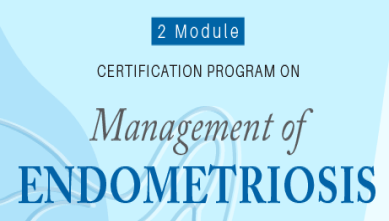 AIDE - Your AI-Driven CDSS Platform
AIDE - Your AI-Driven CDSS Platform
 AIDE - Your AI-Driven CDSS Platform
AIDE - Your AI-Driven CDSS Platform
https://learn.docmode.org/subjects/heart-diseases
https://learn.docmode.org/subjects/infectious-diseases
https://learn.docmode.org/subjects/ophthalmology
https://learn.docmode.org/subjects/skin-diseases
https://learn.docmode.org/subjects/women-health
https://learn.docmode.org/subjects/CNS
https://learn.docmode.org/subjects/Other
https://learn.docmode.org/subjects/Hepato

Certified continuing medical & professional development courses from various leading Global Medical Institutions.

Self-paced and outcome based learning at your own convenience.

Access to therapy specific learning assessment tools.














DocMode is composed by a team of people that are knowledgeable, courteous, proactive, fast responding, persistent, opened minded and customer oriented. All of this makes them stand out and add value to their customers in the e-learning area where technology is a commodity and human value makes the difference.
Director of E-learning
Pan-American Association of Ophthalmology

It was my proud privilege to conduct the ‘ICOG Fellowship Examination in Endoscopy’. I appreciate the great efforts put in by the entire team to make this difficult task of online examinations (probably the first time in the history of ICOG) absolutely smooth and flawless. DocMode assured convenient entry and exit of all candidates; at the same time keeping it completely secret from others. We as examiners are highly impressed by the impeccable arrangements. Timely and precise communications through e-mails, WhatsApp and personal calls by the DocMode team have been the highlights of this important academic event.
Chairperson ICOG
ICOG

Taking this course on DocMode, I came to know how deep one's knowledge should be in a topic. It really helped me to increase my understanding, especially of the advancements in glaucoma. A wonderful opportunity to learn from stalwarts of the field.
Nayana Eye Care, Kakinada
Learner - Comprehensive Course on Glaucoma

Completing this course on DocMode, greatly helped me improve my understanding about the disorder. Further it also provided me an opportunity to earn a valuable fellowship at LV Prasad Eye Institute as an extension to the course which was a dream come true.
Fellow in glaucoma, LVPEI
Learner - Comprehensive Course on Glaucoma

It was a great experience as the courses and lectures from leading Global Medical Institutions were self-paced, unbiased and cost-effective.
Clinical Assistant - Critical Care
Sir H. N. Reliance Foundation Hospital and Research Centre, Mumbai
